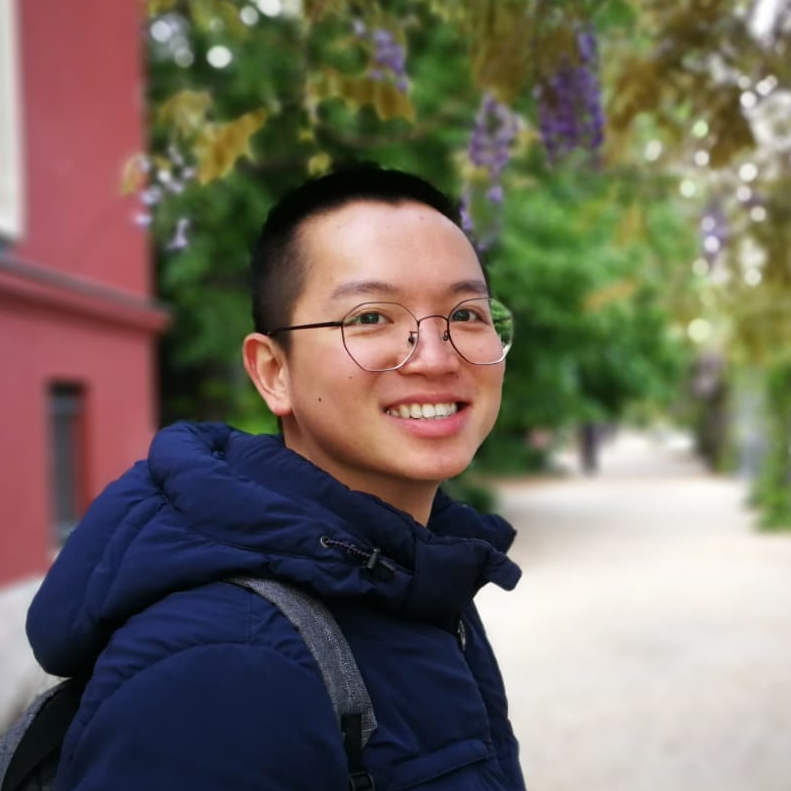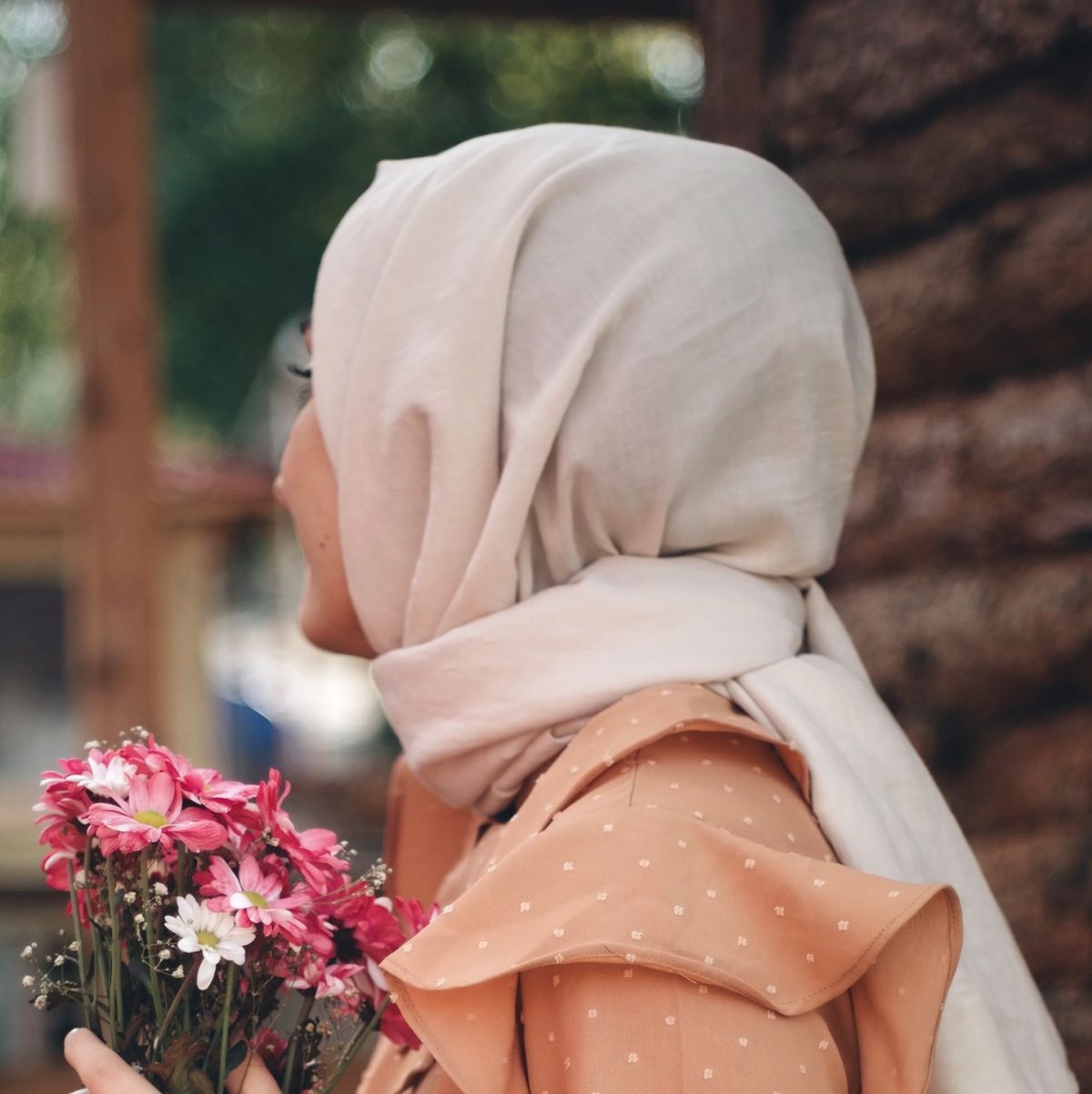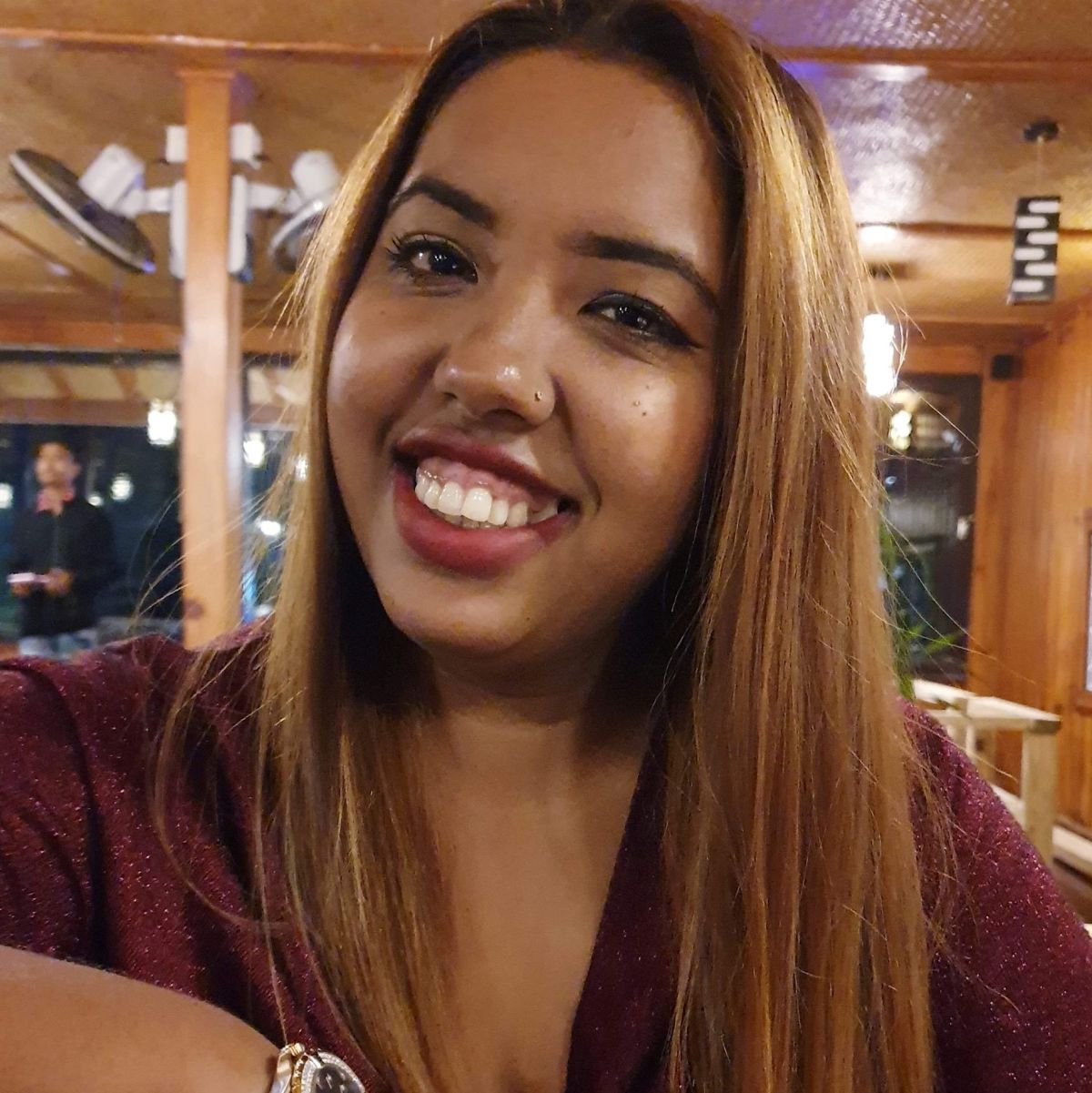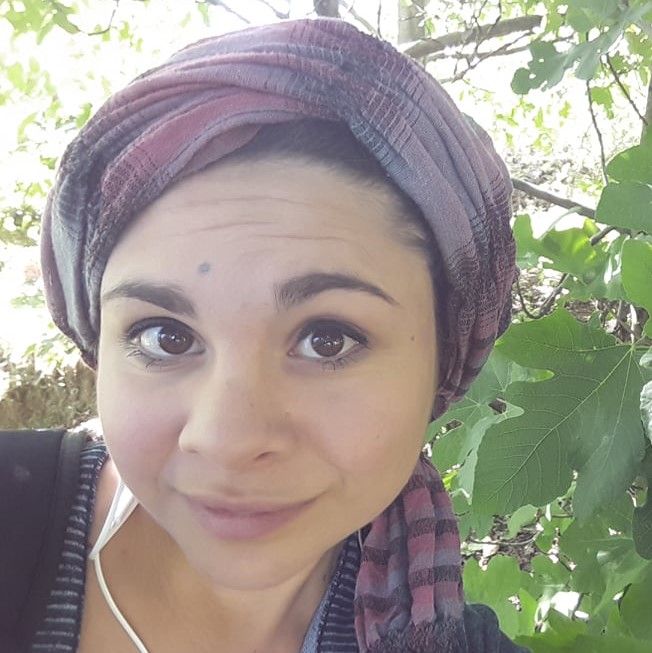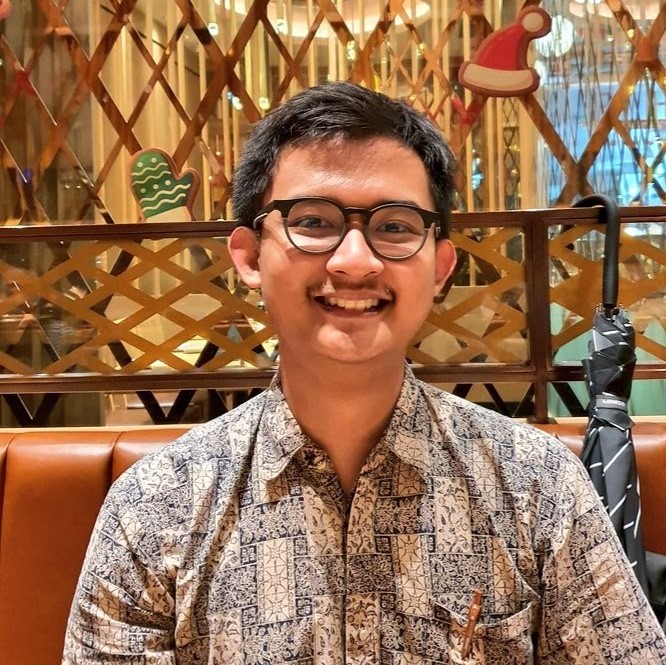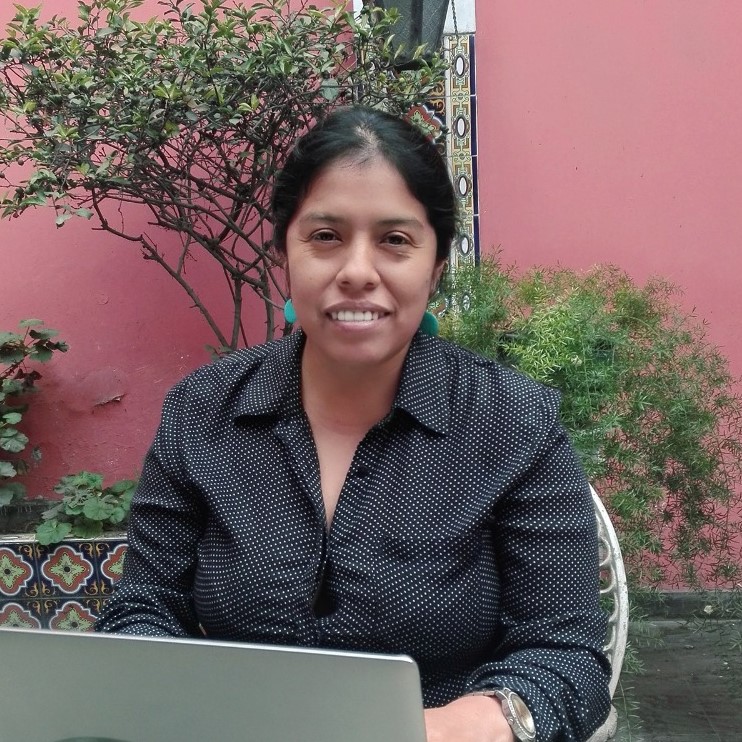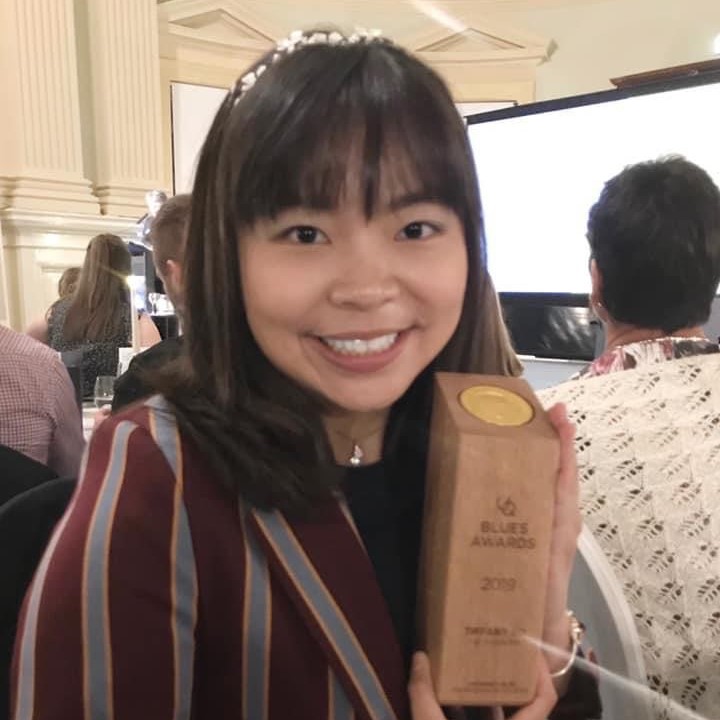Come ho imparato a interagire con senzatetto e questuanti
Si impara direttamente dalla gente e da come vediamo trattare gli altri. Zhihao ha imparato dai senzatetto e dai questuanti in Germania.
Germany, Western Europe
Story by Zhihao Zhong. Translated by Daniela Pratesi
Published on September 17, 2022.
This story is also available in 

“Non avere soldi non è un problema, ma non è carino ignorarmi,” ha detto un tipo che chiedeva soldi, con cui stavo parlando. Appena prima di questa conversazione, stavo parlando con degli amici. Come è prassi comune nelle società in cui vivevano i miei amici prima di Berlino e a causa delle barriere linguistiche, i miei amici non si sono interessati più di tanto alla persona che si è avvicinata.
Questa persona mi ha chiesto di guardare dei video sul suo telefono. A quanto pare, voleva soltanto condividere delle immagini e parlare a me e ai miei amici degli uccelli che vivono in città. Voleva raccogliere fondi per la protezione degli uccelli. Ho pensato che fosse strano ma anche carino avere una connessione temporanea con qualcuno che magari non riceve sempre l’attenzione che merita.
In Cina, il mio paese d’origine, in genere si invita la gente a ignorare chi chiede soldi per strada e i miei rari tentativi di aiuto sono purtroppo andati a finire con guai o spiacevoli dubbi su me stesso. Alcuni hanno cercato di estorcermi denaro, mentre altri hanno approfittato del mio senso di colpa. Ma, negli ultimi due anni passati a Berlino, ho notato che molta gente parla con chi vende giornali sul treno per guadagnare qualcosa. Ho notato anche che a Berlino le persone si preoccupano per i senzatetto che vivono in strada e per chi chiede soldi alla stazione del treno. A Berlino c’è gente che gli chiede se possono prendergli qualcosa da mangiare. Altri si offrono di chiamare il ‘bus anti-freddo’ (Kältebus) per portarli al riparo. Molti si impegnano anche nella raccolta e nella donazione di abiti o semplicemente di denaro.
Ho ripensato spesso a queste interazioni con degli sconosciuti. La prima volta che ho approfondito la questione è stata quando sono venuto a conoscenza del fenomeno dei senzatetto ascoltando un podcast per le mie lezioni di tedesco. Il podcast conteneva un’intervista con un uomo recentemente trasferitosi in un alloggio popolare temporaneo a Monaco di Baviera. L’intervistato si era trasferito a Monaco per lavoro, ma a causa della distanza il rapporto con la compagna si era deteriorato fino alla separazione. Al lavoro, non andava d’accordo con i colleghi e alla fine è stato licenziato. Gli affitti a Monaco sono troppo alti e lui, dopo avere perso il lavoro, non poteva permettersi di affittare una casa. E’ così che è finito a vivere per strada.
La sua è stata un’esperienza infelice, ma anche molto reale. Ho pensato che quello che era successo a lui sarebbe potuto facilmente accadere a chiunque. Potremmo ritrovarci tutti in quella stessa situazione – la separazione dalle persone care, la perdita di affetti e lavoro. Penso che l’unica cosa che cambia il finale della storia è la presenza di un cuscino che ti attutisca la caduta se le cose non vanno secondo i piani. Alcuni di noi hanno a disposizione risorse in abbondanza che possono sostenerci se ci troviamo nel bisogno, ma purtroppo non è così per tutti. Quel podcast mi ha insegnato a capire meglio chi fa l’elemosina in strada e chi è senza tetto. Mi ha ricordato che siamo tutti uguali, senza distinzioni tra ‘noi e loro.’
Prima che qualcuno sollevi la questione, sento già un’altra voce: quelli che risponderanno che “questi non hanno davvero bisogno di soldi; possono guadagnarseli lavorando; forse per loro questa è addirittura un’attività lucrativa…”
Ma, mi chiedo, val veramente la pena rischiare di non dare aiuto a chi si trova urgentemente nel bisogno? Se fossi io a trovarmi in strada, vorrei essere giudicato per aver chiesto aiuto, pur trovandomi già in difficoltà? Non conosciamo la storia di quella persona. Cosa costerà offrire una piccola donazione o anche solo uno sguardo gentile e magari una breve conversazione?
So che è più facile a dirsi che a farsi. Tempo fa, alla stazione vicino a casa, ho visto una donna dal viso stravolto che camminava lentamente appoggiandosi a una stampella, vestita di abiti sporchi. Mi sono avvicinato per chiederle se aveva bisogno di aiuto e le ho dato un euro. Allora lei ha iniziato a parlare di cose che, col mio tedesco elementare, non ero in grado di seguire ed è scoppiata in lacrime. Sono riuscito soltanto a dirle che “doveva essere una situazione terribile” e “mi dispiace.” Ma immagino che avesse soltanto bisogno di qualcuno che la ascoltasse e ho sperato che si rendesse conto che la gente ha davvero a cuore il benessere degli altri.
Quando qualcuno mi si avvicina per strada, sono ancora dibattuto e ogni volta ragiono tra me e me se dare una mano. Ogni volta mi chiedo perché ho difficoltà a farmi avanti e aiutare. Ma, riflettendo sulle lezioni imparate da questi incontri, penso che comunque posso almeno cercare di capire o cercare di aiutare.
How does this story make you feel?
Follow-up
Do you have any questions after reading this story? Do you want to follow-up on what you've just read? Get in touch with our team to learn more! Send an email to [email protected].
Talk about this Story
Please enable cookies to view the comments powered by Disqus.
Subscribe to our Monthly Newsletter
Stay up to date with new stories on Correspondents of the World by subscribing to our monthly newsletter:
Other Stories in Italiano
Explore other Topics
Get involved
At Correspondents of the World, we want to contribute to a better understanding of one another in a world that seems to get smaller by the day - but somehow neglects to bring people closer together as well. We think that one of the most frequent reasons for misunderstanding and unnecessarily heated debates is that we don't really understand how each of us is affected differently by global issues.
Our aim is to change that with every personal story we share.
Community Worldwide
Correspondents of the World is not just this website, but also a great community of people from all over the world. While face-to-face meetings are difficult at the moment, our Facebook Community Group is THE place to be to meet other people invested in Correspondents of the World. We are currently running a series of online-tea talks to get to know each other better.











